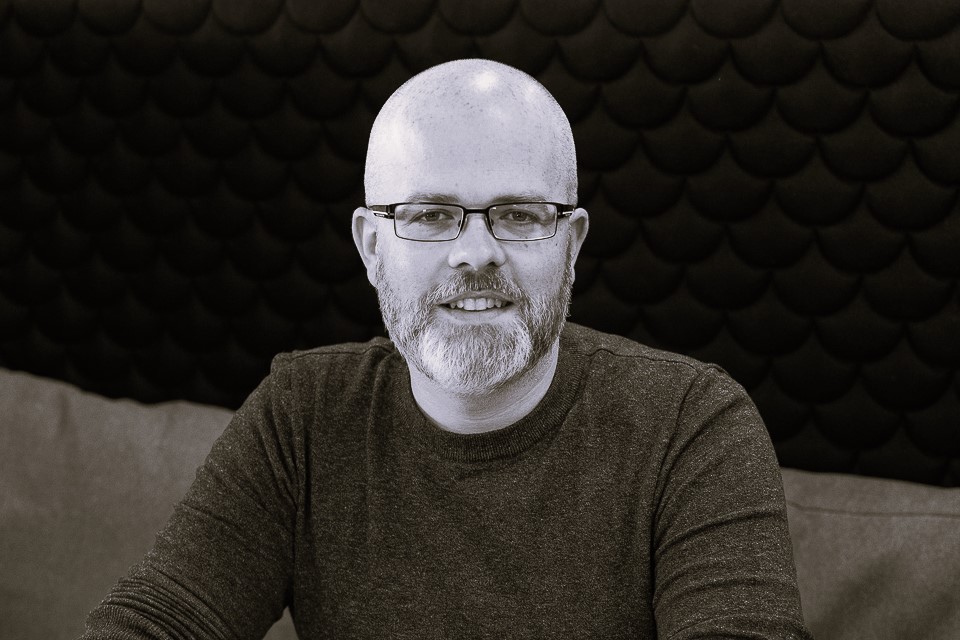Podcast Overview
Digital PR is often seen as a solely brand building and crisis management tactic. But, that’s not the full story.
Digital PR is great for brand building, thought leadership and sales. Done correctly, you can really scale this channel so it becomes a consistent revenue driver for your brand.
It’s all about creating compelling stories that engage your audience. This keeps your readers, journalists, customers and you happy.
And that’s why you need to listen to Mike Shields on the eCom@One Podcast.
eCom@One Presents:
Mike Shields
In this episode, Mike Shields joins Carrianne Dukes on the eCom@One Podcast, where they dive deep into the world of measuring the impact of Digital PR campaigns and the power of storytelling.
Mike is the Head of Digital PR here at eComOne. With a wealth of experience working on PR campaigns for leading eCommerce and B2B brands inhouse and on the agency side, it was a no-brainer to get him on the podcast to share his insights, trends and knowledge from years of real world experience in the trenches.
He shares valuable insights on the essential metrics to track, such as domain authority and audience engagement, as well as the importance of looking beyond vanity measurements. They discuss the role of AI in content creation and why human understanding is still crucial in crafting unique and relevant stories.
He also reveals strategies for making an impact in the crowded PR landscape, including newsjacking and the power of big campaigns.
You don’t want to miss this podcast if you want to build your brand and generate results with this digital marketing strategy.
Topics Covered
2:22 – Using numbers and sales figures is important in marketing. Telling stories can enhance other services and provide value in PR
4:14 – Having creative PR professionals around is valuable for identifying relevant, timely and interesting stories, and utilising unique data points for effective digital PR
9:21 – Podcasts are growing in popularity with billions of listeners. Finding a unique perspective is key for relevance and success in the crowded market
12:54 – Consistency is key for podcasts to retain listeners. Use old episodes to fill gaps and maintain regularity. Treat podcasting as a separate department within your business
16:59 – PR is competitive. Remain persistent, find balance and don’t be discouraged
22:23 – Despite the potential of AI in content creation, its lack of understanding and context makes it necessary to use it cautiously alongside human expertise
25:12 – There are various measurement tools to show website metrics, including domain authority and organic audience. Access to the client’s back end allows tracking of organic traffic and impact
27:43 – Learn from the past, focus on the present, and take the necessary actions for a better future


